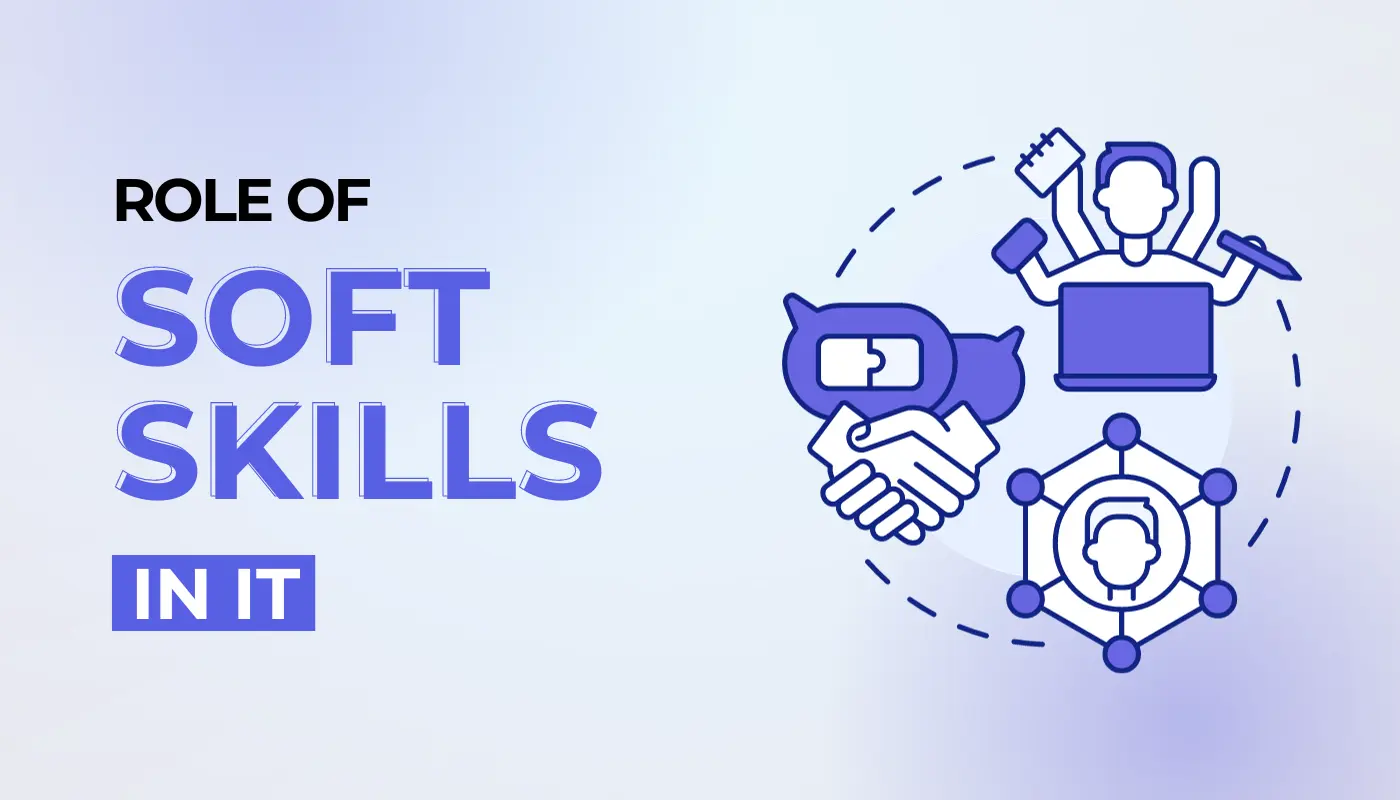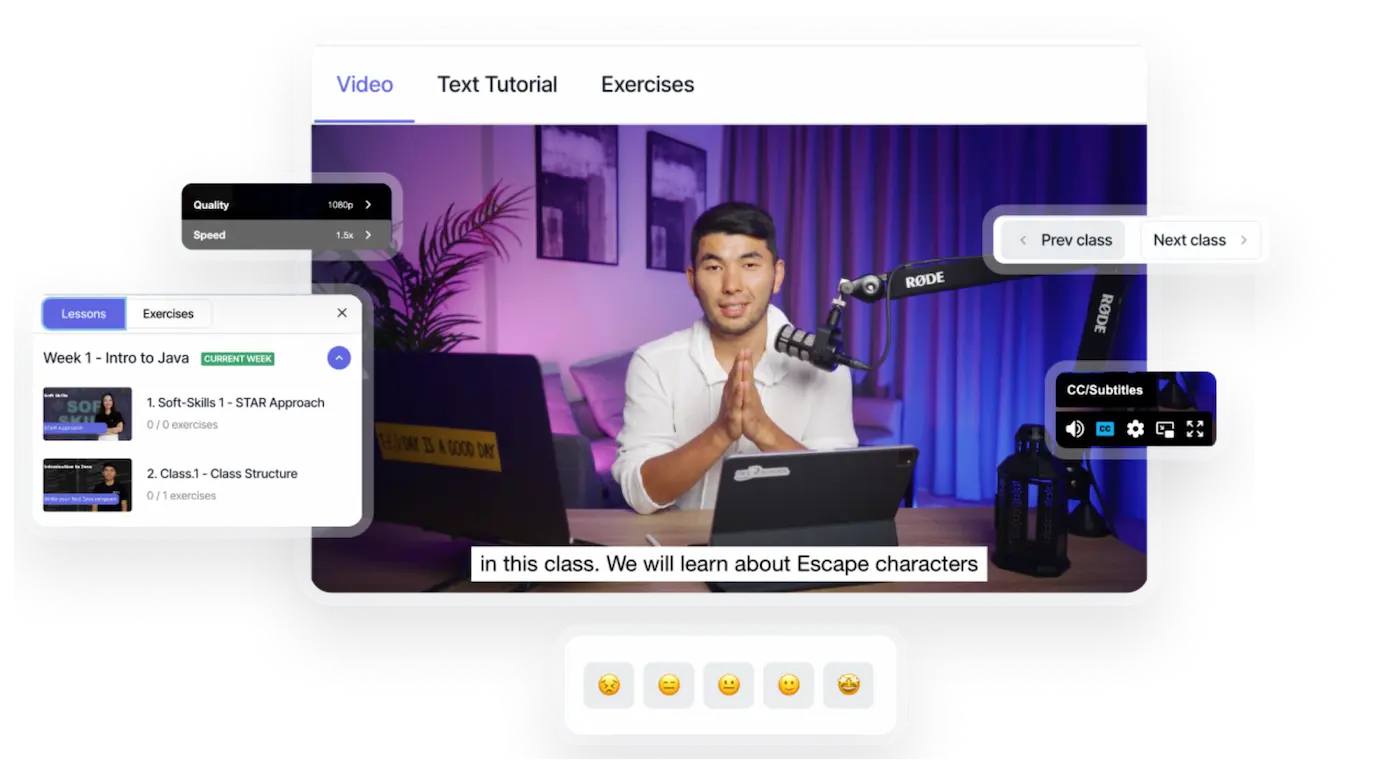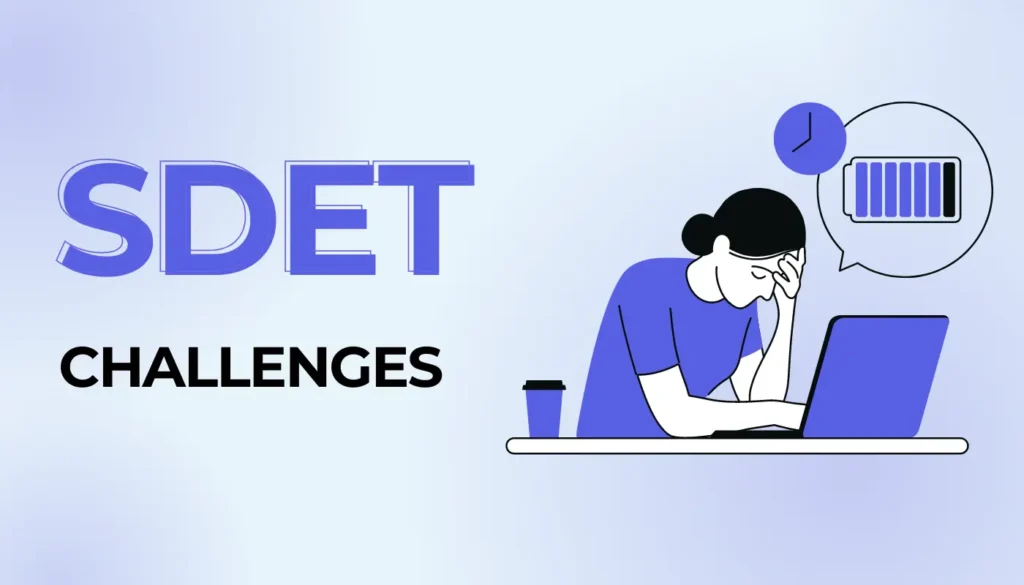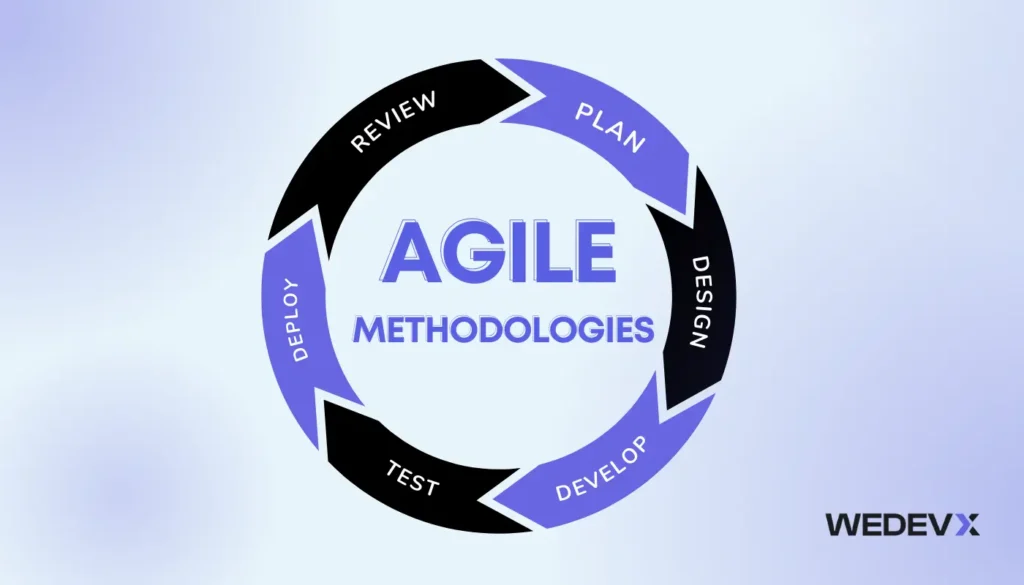In the dynamic realm of software development, a Software Development Engineer in Test (SDET) plays a pivotal role in ensuring the quality and reliability of software applications. Beyond technical expertise, certain qualities are indispensable for excelling in this multifaceted role. Here, we explore the 10 essential qualities that contribute to being a successful SDET.
1. Analytical Prowess
A successful SDET possesses strong analytical skills, allowing them to dissect complex systems, identify potential issues, and devise effective testing strategies. The ability to analyze intricate code and system interactions is fundamental in ensuring robust test coverage.
Developing analytical prowess in SDETs is a comprehensive journey that encompasses various strategies. First and foremost, formal education, particularly in computer science, lays the groundwork for analytical thinking. This academic foundation provides the theoretical underpinning necessary for understanding complex systems and intricate code structures.
Moving beyond academia, hands-on experience through coding practice serves as a pivotal step in refining analytical skills. Platforms like LeetCode offer a diverse array of coding challenges that demand critical thinking and problem-solving abilities. This practical exposure allows SDETs to apply theoretical knowledge to real-world scenarios, fostering a deeper understanding of system interactions.
2. Attention to Detail
Precision is paramount in software testing, and successful SDETs exhibit a keen attention to detail. From crafting meticulous test cases to scrutinizing code for subtle errors, their commitment to precision ensures comprehensive testing and a reliable end product.
3. Problem-Solving Acumen
The software development landscape is rife with challenges, and SDETs must exhibit problem-solving acumen. The ability to navigate unforeseen issues, troubleshoot errors, and devise innovative solutions ensures a resilient testing process and contributes to the overall success of the development lifecycle.
4. Strong Coding Skills
While SDETs may not be full-fledged developers, a command of strong coding skills is indispensable for their role. Proficiency in scripting languages, such as Java or Python, empowers SDETs to create and modify code, a fundamental aspect of crafting effective automated test scripts. This proficiency not only streamlines collaboration with developers but also ensures that SDETs can contribute meaningfully to the overall development process.
To bolster their coding skills, SDETs often leverage essential tools like Eclipse or IntelliJ IDEA, providing an efficient and feature-rich code editing environment. Furthermore, mastering testing frameworks like JUnit or TestNG is crucial for constructing robust test suites. Platforms like Selenium, Cucumber, and RestAssured play pivotal roles in web automation, bridging the gap between quality assurance and behavior-driven development (BDD).
As SDETs navigate the complex landscape of API testing, tools like Postman become invaluable. Additionally, understanding version control with GIT, orchestrating automation with Jenkins, and exploring the world of containerization with Docker are key components of an SDET’s toolkit. For an in-depth exploration of these tools, readers are encouraged to check out our comprehensive article, providing insights into their significance and application in the realm of quality assurance.

5. Communication Excellence
In the dynamic intersection between development and quality assurance teams, SDETs stand out for their communication prowess. Beyond simply identifying and reporting issues, they play a crucial role in articulating intricate testing strategies and fostering effective collaboration. The ability to convey complex technical concepts in a clear and concise manner is a hallmark of their communication excellence, contributing to a seamless and productive development environment.
Moreover, SDETs exhibit strong teamwork and collaboration skills, understanding the importance of collective effort in achieving overarching project goals. Their problem-solving and critical thinking capabilities shine as they navigate intricate challenges, ensuring the delivery of high-quality software. Adaptability stands as a vital trait, empowering SDETs to flourish amidst change and emerge as essential contributors to the resilience and triumph of the entire development journey. For a deep dive into the intricacies of these soft skills and their profound impact, we invite readers to explore our comprehensive article on the pivotal role of soft skills in IT, accessible right here.

6. Team Collaboration
SDETs rarely operate in isolation. Instead, they thrive in collaborative environments, working closely with developers, QA teams, and other stakeholders. A successful SDET values teamwork, and understanding that collective efforts lead to more robust testing outcomes.
(Wedevx Mention: SDETs can enhance their collaborative skills through programs like the Wedevx SDET BootCamp, fostering an environment where aspiring professionals can engage in hands-on learning and collaborative projects.)
7. Continuous Learning Mindset
In the ever-evolving tech landscape, a successful SDET embraces a continuous learning mindset. Staying abreast of industry trends, emerging technologies, and evolving testing methodologies ensures they bring cutting-edge insights to their role.
8. Cognitive Flexibility
The ability to adapt swiftly to changing project requirements, technology stacks, or testing methodologies distinguishes successful SDETs. Their adaptability ensures they remain effective contributors in dynamic development environments.
9. Business Acumen
Understanding the broader business context is crucial for SDETs. Recognizing how software quality aligns with business goals enables them to prioritize testing efforts effectively and contribute to the overall success of the organization.
10. Passion for Quality
At the core of every successful SDET is a passion for quality. Whether it’s automating repetitive tasks or advocating for comprehensive testing, their commitment to delivering high-quality software is reflected in every aspect of their work.
Conclusion
The journey to becoming a successful SDET encompasses a blend of technical prowess, soft skills, and a commitment to excellence. By embodying these 10 qualities, aspiring and seasoned SDETs alike can navigate the intricate landscape of software testing and contribute significantly to the success of software development projects.











